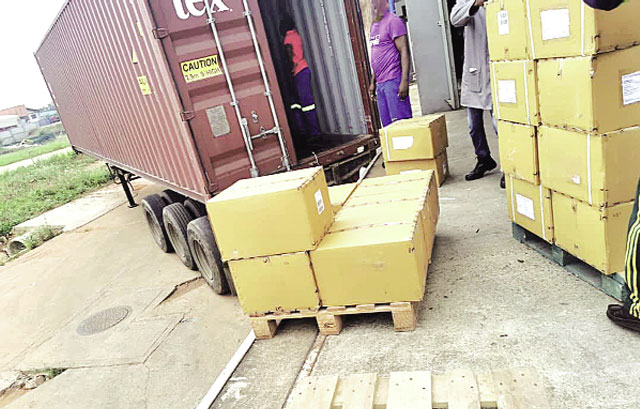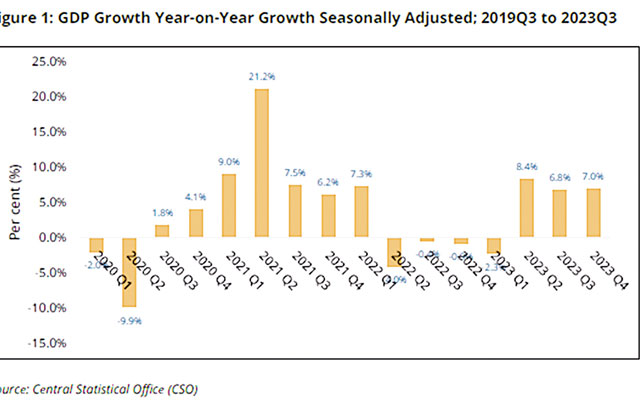By Sibusiso Dlamini | 2020-07-07

Government of Eswatini, through the ministry of commerce, industry and trade as well as the ministry of finance, has warned businesses that do not bank locally and those that ship money to deposit into international accounts that they face severe penalties.
The strong worded warning to businesspeople was issued by the respective Ministers Manqoba Khumalo as well as Neal Rijkenberg through a joint press statement.
The ministers further cautioned businesses to desist from their devious business practices and encouraged retail and car dealership industries to review their business models and make the necessary changes. “Government wishes to reprimand businesses caught up in tax evasion, money laundering and dealing in FOREX without the necessary authorisation that this remains illegal in terms of the country’s laws.
We, therefore, wish to caution these businesses to desist from such devious business practices.
These are businesses that prefer to conduct cash transactions than the use of electronic platforms such as Point of Sale (PoS), Mobile Money payments, those that do not bank locally and keep money either at home or their shops, those that ship money to deposit into international accounts and those that do not declare their true income for tax purposes,” reads the statement.
The statement further revealed that the two ministries will be conducting random spot checks on businesses and there will be severe penalties on non-complying ones.
“Also, government is working on reforms to address the gaps and come up with technological solutions,” the statement adds. In Eswatini, foreign investors are theoretically free to invest in all sectors of the economy, aside from sectors controlled by local parastatals, such as water services.
Other areas in which the government disallows investment are in the manufacturing of arms, chemical and biological weapons, radioactive materials, explosives, and manufacturing involving hazardous waste treatment or disposal. Other industries where foreign investors are limited on are mining and real estate.
According to the Mines and Minerals Act of 2011, in any mining company, 25 per cent shareholding is allocated to the government. According to the risk & compliance report released by the US State Department in May 2017, the small size of Eswatini and the limited capacity of its police and financial regulators, as well as its proximity to major cities in Mozambique and South Africa make it a transit country for illegal operations in those countries and, to some extent, for the rest of the southern African region.
The report highlighted that large sums of money are moved via cross-border transactions involving motor vehicle dealers, and savings and credit cooperatives. “Proceeds from the sale or trade of marijuana, a large illicit export, are laundered in Eswatini.
Income from public corruption, particularly in public procurement, is also laundered,” reads part of the report.
share story
Post Your Comments Below
On Saturday One Billion Rising Eswatini held a mountain circle hike in partnership with the Proje...

The ministry of health has announced the arrival of vital medicines and medical supplies.
Over 2 000 interned paramedics are said to be unemployed 10 years after completing their training...

Eswatini's economic activity, measured by Gross Domestic Product (GDP), grew at a steady pace of ...
All material © Swazi Observer. Material may not be published or reproduced in any form without prior written permission.
Design by Real Image Internet